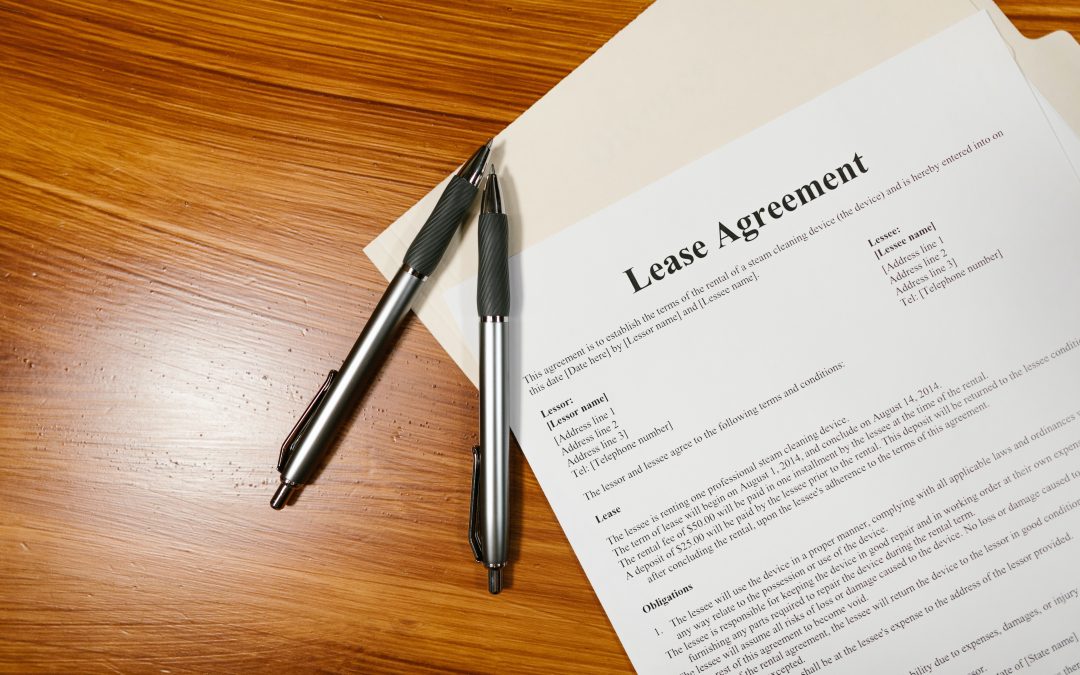In the post-covid landscape, Florida is receiving a massive number of out-of-state families looking for good weather year-round, tax advantages, and a thriving economic environment. Upon arriving at the state, these individuals will need to settle down and rent a property by signing a lease agreement.
Still, what should be included in a residential lease agreement in Florida? Keep reading to discover.
What Should be Included in a Residential Lease Agreement in Florida? – The Essential Terms
Identify the Landlord and the Tenant
It is impossible to establish a contract without knowing the parties involved in the agreement. Hence, a valid residential lease agreement must list the landlord’s name. Then, the landlord must list the names of all adult tenants living in the rental property.
Landlords should be aware that all tenants living within the premises must sign the lease agreement. This way, it is possible to terminate the tenancy of all tenants if a breach of contract occurs.
Establish the Lease Term
No lease agreement runs indefinitely, so it is crucial to set a fixed time frame when establishing a landlord-tenant relationship. A lease agreement is a fixed-term lease. In Florida, lease terms usually last one year.
However, it is possible to tailor a more flexible contract if necessary, such as a six-month rental agreement for example.
Establish the Rent Due Amount
There is no lease agreement without establishing the due amount of rent to be paid by the tenant. In this sense, a proper lease agreement must outline the amount of rent, the due payment date, the payment method (e.g., cash, check, etc.), and how rent may be paid.
Additionally, it is crucial to outline the late rent fee and the amount of grace period (if necessary).
Outline the Limits of Occupancy
When drafting a lease agreement, it is crucial to establish the limits of occupancy. This way, only renters who have signed the agreement and their children have permission to live in the rental premises.
If a tenant breaches this contractual clause, a landlord has the legal right to evict him/her and the unauthorized guests.
Establish Who is Responsible for Maintenance and Repairs
Florida law regarding landlord-tenant relationships provides that landlords must provide habitable living conditions. Failing to comply with the letter of the law may incur constructive eviction, so landlords should pay attention when drafting a lease agreement.
A proper lease agreement in Florida must clarify who is responsible for maintenance and repair. Usually, the tenant should maintain the premises clean, preserving it and alerting the landlord to any repairs that may be needed.
Outline the Existent Deposits and Fees
Most lease agreements involve security deposits, which makes them an unavoidable item in any lease contractual relationship. The agreement must outline all the details regarding security deposits, including:
- The due amount of security deposit (usually two months’ rent)
- The method to store the security deposit (e.g., interest-bearing account, surety bond, escrow account, etc.)
- What can or cannot be done with the deposit (e.g., an item stating the deposit may be used to pay for repairs in case of excessive property damage upon the tenant’s leave)
Defining Landlord Entry Conditions
In Florida, landlords must notify tenants before entering a rental unit. State law requires at least a 12-hour notice before a landlord can visit for repairs. The notice period for other reasons may vary, as long as it is “reasonable.”
Have Your Residential Lease Agreement Drafted by an Expert Lease Attorney in Florida
If you want to have a properly drafted lease agreement, waste no time with uncertainty. Call Attorney Romy B. Jurado today at (305) 921-0976 or email [email protected] to schedule a consultation.





